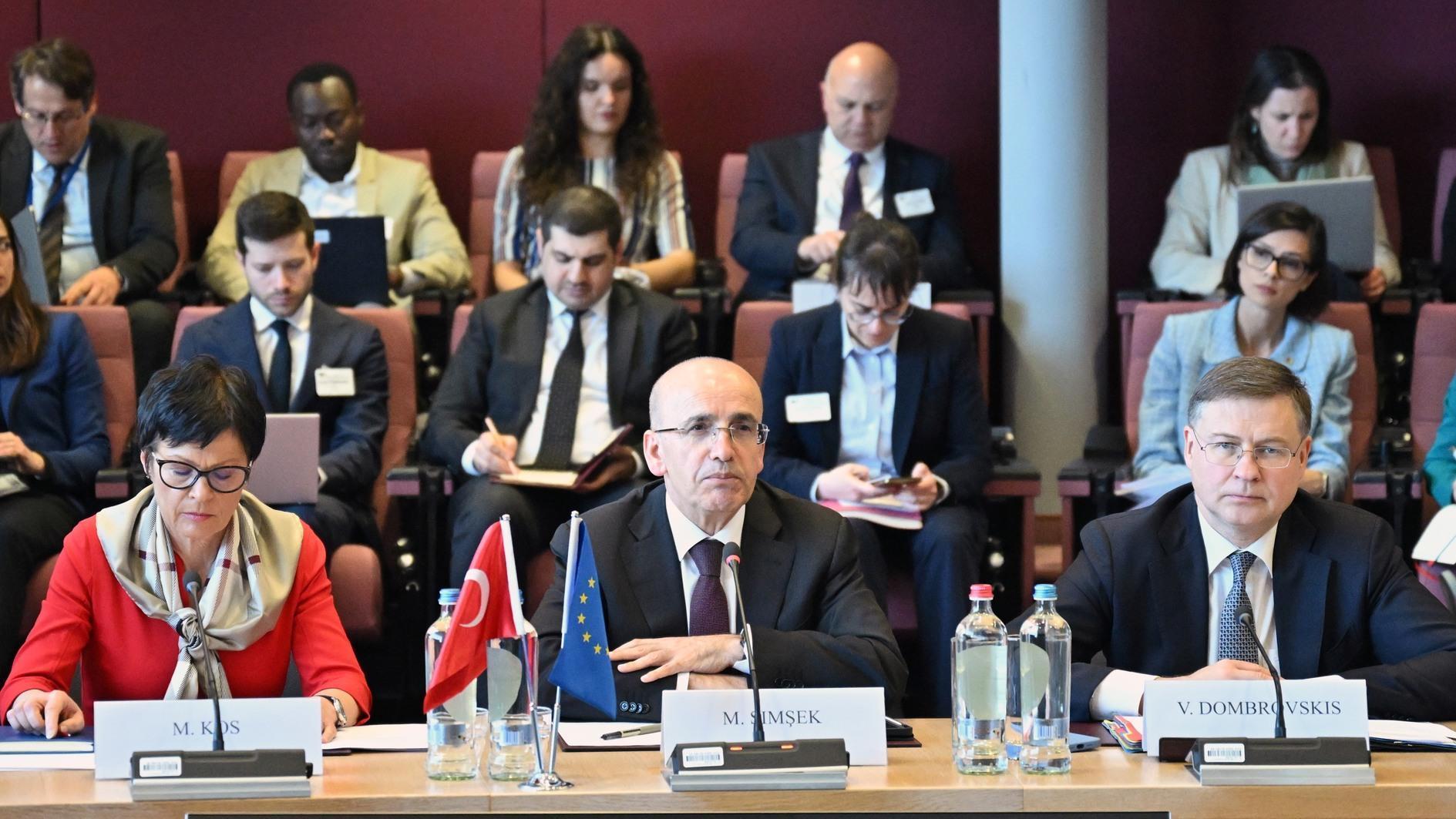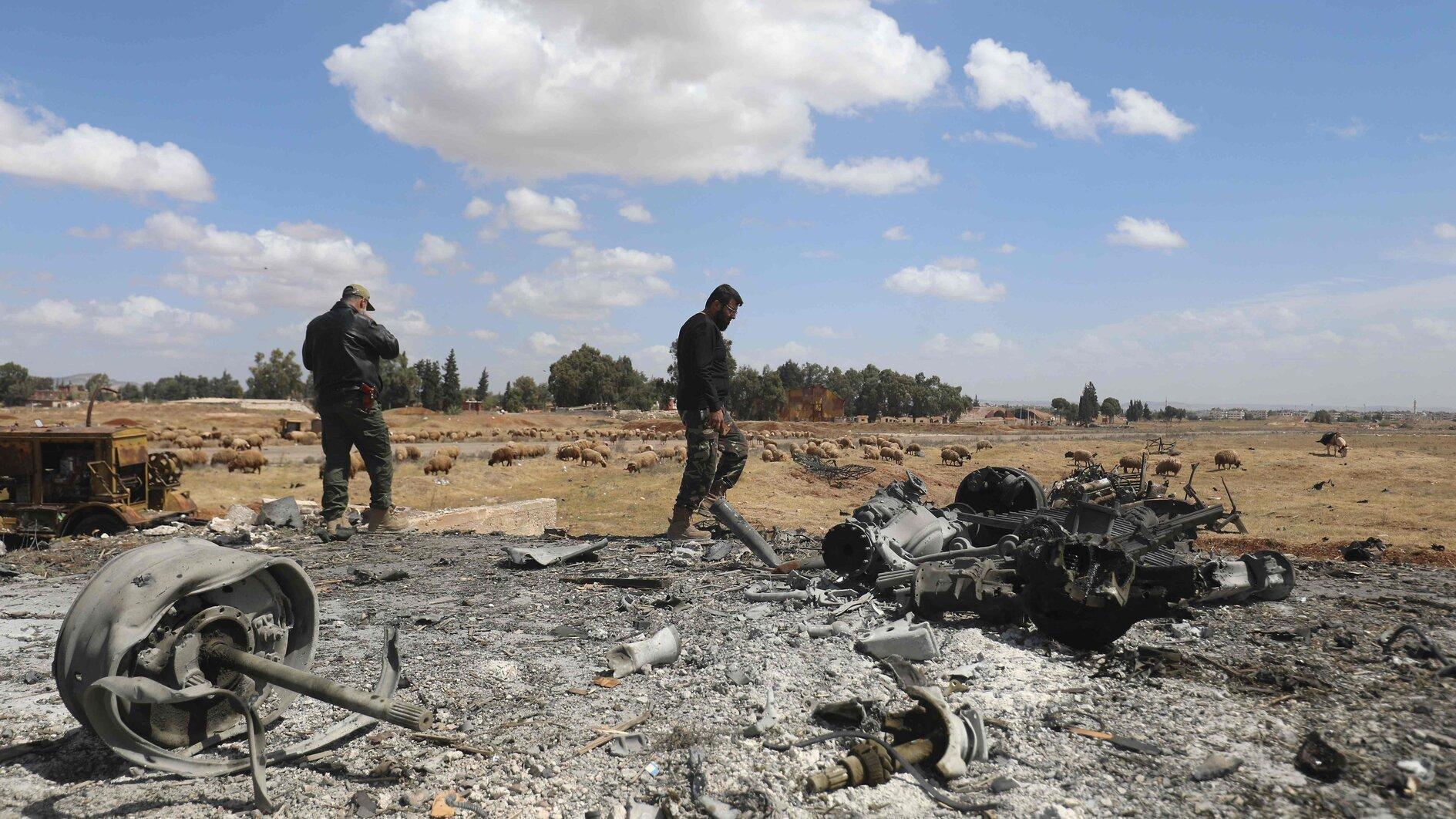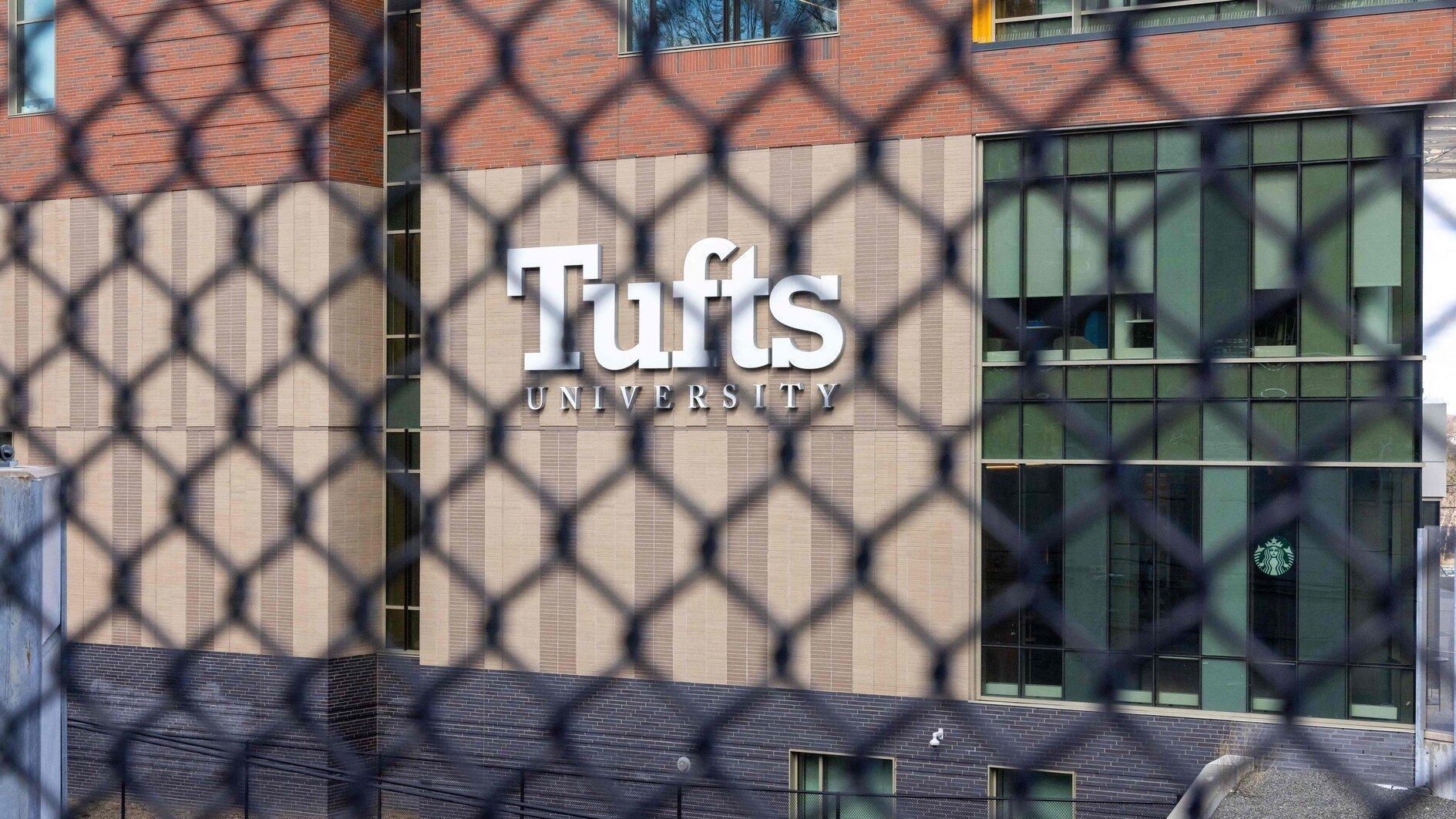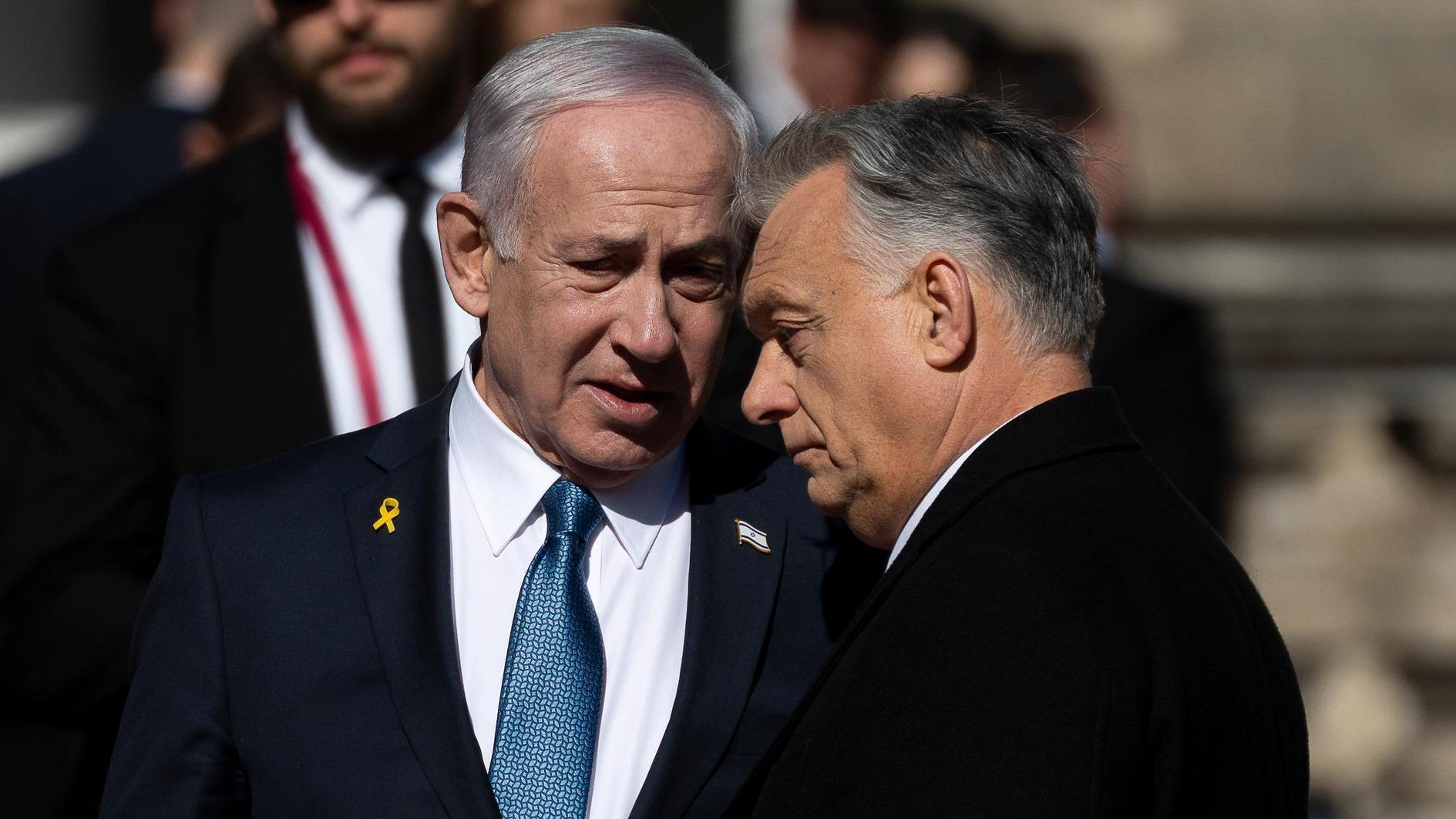UAVs in Cyprus
Within days, control units were deployed, preparations were completed and as of yesterday (Monday) morning, the first of the unmanned aerial devices left its base at Dalaman, flew for more than five hours and redeployed at the Geçitkale airport in Northern Cyprus. Thus, after the Israeli-Greek Cypriot UAV deal under which eight vehicles were deployed in Southern Cyprus, there are now UAVs deployed in the north.
Turkish Cypriot leftists activists, who are most of the time follow a pro-Greek position almost on all developments, as well as the socialist Republican Turks’ Party (CTP) were quick to lament that a new element of friction was added to the already problematic relations between the two states on the eastern Mediterranean island. Probably, they were rightly on the spot this time, but a bit of late and still very much following in the footsteps of the Greek Cypriot side. Would it not be better, for example, if these people who claim to be ardent supporters of demilitarization of Cyprus came up with a word or two critical of the UAV or sophisticated weapons systems purchases of the Greek Cypriot leadership? Being always critical of whatever is Turkish and supportive of whatever is Greek must require a rather crooked mental status.
Defense is a fundamental right of all states and cannot be left to the wishes or caprice of some other countries. Turkey struggled a lot to acquire unmanned aerial devices from many of its friends and allies. Even the equipment, as we have seen in a totally different F-35 deadlock with the United States, was not fully delivered to Turkey. Thus, as a Turkish saying goes, bad neighbor might compel someone to buy a house. Turkey acquired its own UAV manufacturing capability.
Electronic systems were as well problematic. Not only Turkey was denied for a long time the codes to the electronic systems of the advanced war machines it purchased, scores of Turkish electronic engineers mysteriously lost their lives. Why did so many plane crashes, car accidents and suicides take place? Why did so many well-trained people of Turkey become victims of such mishaps? Eventually, Turkey also developed its own electronic systems capability.
Refusal to share anything with Turkish Cypriots, be it sovereignty, territory or resources of the island, is at the very roots of the Cyprus problem. The eastern Mediterranean resources around Cyprus naturally cannot solely belong to Greek Cypriots. As co-founders of the 1960 state, like Greek Cypriots, the Turkish Cypriot people have equal shares both on land and in the sea of Cyprus. Turkey, on the other hand, has its own territorial shelf, and islands cannot restrict territorial shelf rights of continental countries.
Turkey and the Turkish Cypriot state have all the legitimate rights – as well as the capability – to defend their rights irrespective wherever they are. Turkey is resolute not to step back an inch from its inalienable rights. The UAV deployment decision, like sending drill ships, research ships and military vessels to the eastern Mediterranean demonstrates the determined position of Turkey not to compromise from its fundamental and inalienable rights.
Would it mean much if the European Union, acting in a firm requirement of club solidarity, condemn Turkey again? The EU disqualified itself from the EU diplomacy the day it decided to sacrifice Turkish Cypriots to achieve the eastern expansion demands of Germany which was held hostage by Greece. Since that May 2004 date, the EU repeatedly proved that it cannot be a fair player on Cyprus.
The memorandum of agreement signed with Greece, the UAV deployment decision and some other moves that are in the pipeline indicate that even under constant full field press from the EU and the United States, Ankara will not budge from its fundamental interests.











